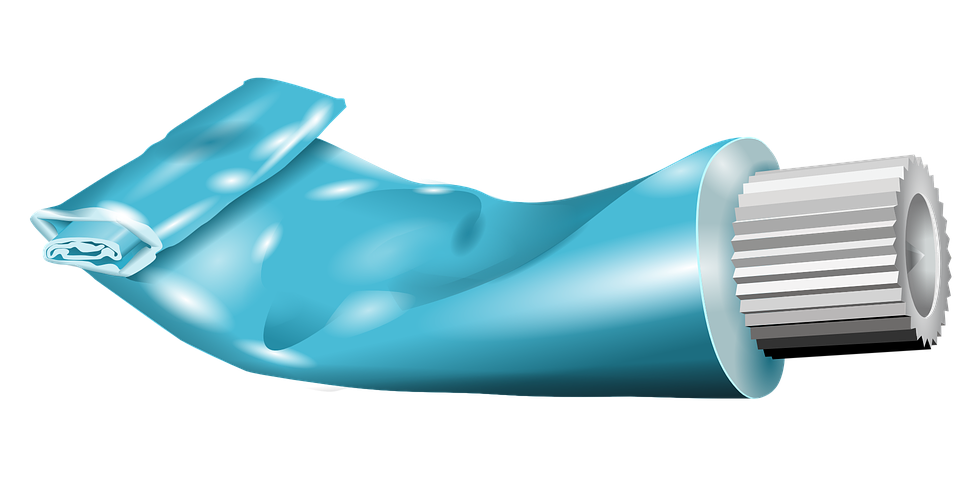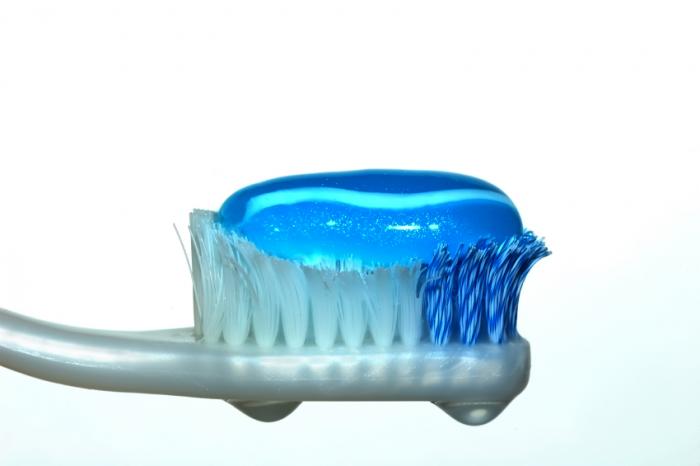Proper and routine at home oral hygiene care, as well as a healthy lifestyle and food choices can go a long way towards keeping our teeth white and free of discolouration. But even with all of that, you may experience stains and a dimmer tooth shade, turning grey and yellow with time. What are we to do?
Can my teeth be whiter?
There is no need to worry, even if your teeth are already ruined. Discolouration can be reversed in its entirety. There are many tooth whitening methods, both professional and at home, and many DIY methods are also effective, as is tooth whitening toothpaste.
DIY methods
If you want the quickest and most effective method, we strongly recommend a professional tooth whitening session with a dentist. The dentist can make your smile up to 4 shades whiter in just an hour!
At home tooth whitening methods are a little bit more time consuming, usually lasting between one and two weeks, but are much cheaper though. Both are centred around the use of carbomides, which have replaced the use of more aggressive peroxide based methods. At home whitening kits use this material too, but in smaller doses, so the outcome is less effective and takes more time.
Before starting the use of whitening strips or at home tooth whitening kits, make sure you consult with your dentist! There are many factors that can make you ineligible for tooth whitening sessions, including decayed or missing dentition, or gum disease. Children, pregnant women and nursing mothers should also hold off on getting tooth whitening treatment. You should also ask about the effect the treatment may have on your prosthetics as well. Tooth whitening sessions are not the only way to go if you are interested in a brighter, whiter smile: you can use natural methods or tooth whitening toothpastes.
There are many at home DIY methods, too, but the most effective is probably the use of sodium bicarbonate. Apple vinegar, salt, lemons, oranges, strawberries and celery have all been named as effective tooth whitening methods.
These methods are not nearly as effective though, and for some people, they simply don’t even work.

Tooth whitening toothpastes
A rigorous and circumspect at home oral hygiene routine is the best method for preventing and treating discolouration of the teeth. Besides good practice and a sturdy toothbrush, toothpaste is the next most important thing you will need.
Most tooth whitening toothpastes work via the use of whitening chemicals. The active ingredient in most of these toothpastes is sodium bicarbonate. Sodium bicarbonate is a great ingredient that has long been used in dentistry, as it is a disinfectant, but can also remove plaque because of the friction it creates when rubbed against a smooth surface, like your tooth enamel. It also oxidises the biofilm and the bacterial life on your tooth enamel, and thus is effective against stains.
We strongly recommend staying away from tooth whitening toothpastes that use little granules or other mechanical methods of brushing your teeth whiter, as these can harm the tooth enamel.

Which toothpastes is best for you?
Because everyone’s dentition is different, there is no toothpaste that is right for everyone. Tooth whitening toothpastes are also less effective than whitening sessions, but are absolutely great in preventing stains and discolouration, and do have the power to restore your teeth to their former colour.
We strongly recommend talking to your dentist about which whitening toothpaste is the best for you and your medical condition.

